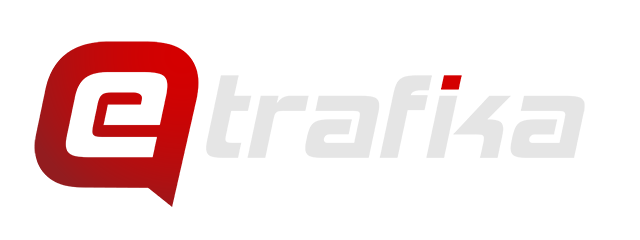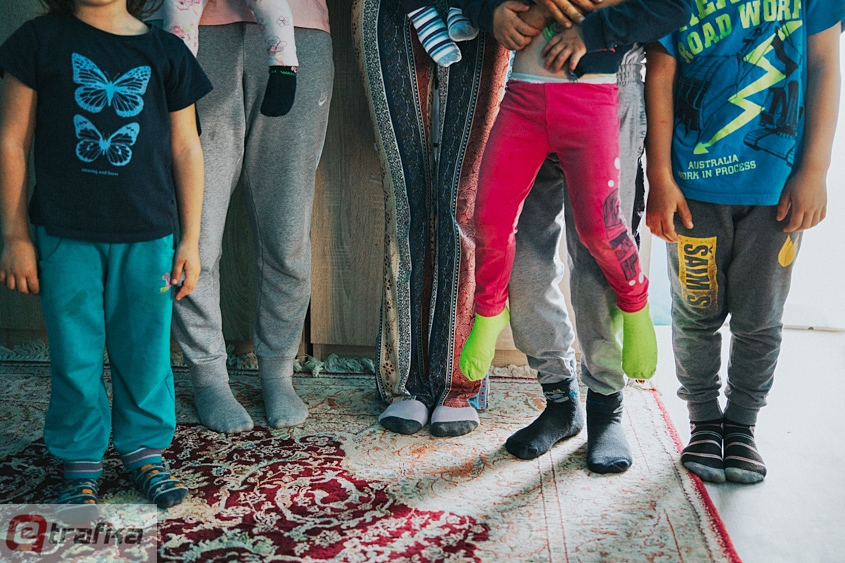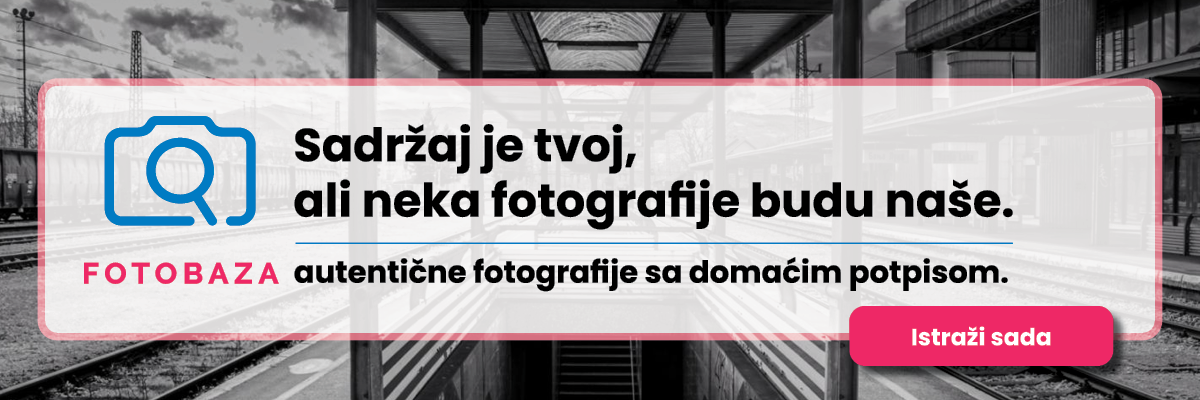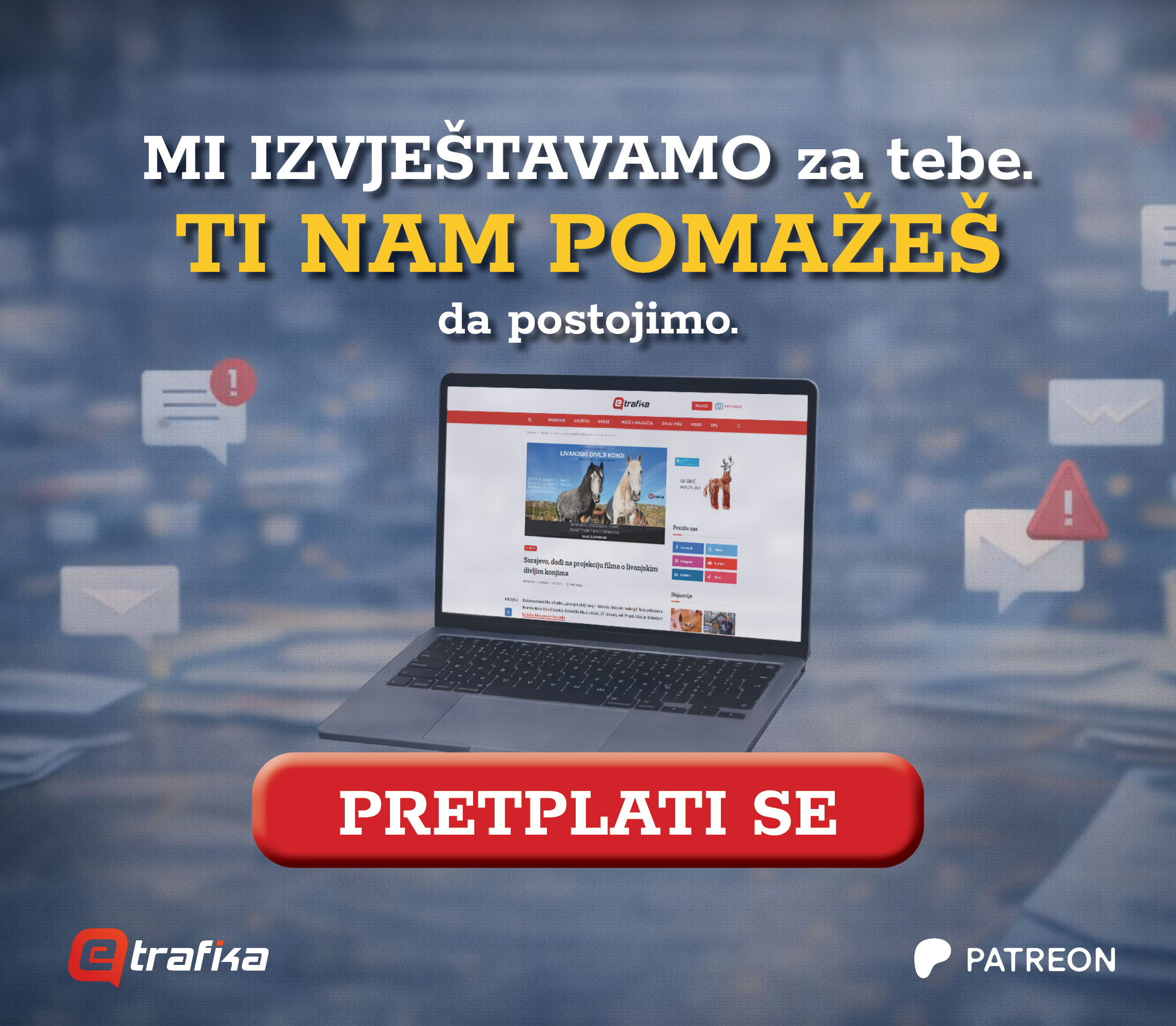There are eight children aged two to 16 living in the home of Tatjana Svitlica (36) and Dragan Gavric (40) in Brcko. Both unemployed, they support their family by cultivating the land and doing some manual labour for their neighbours.
Written by: Vanja Stokic; Photographs taken by: Omar Tursic
The only guaranteed income of this family is a child allowance of 880 BAM per month. More precisely, 110 BAM for each child. This amount is nowhere near enough to feed ten persons. Nevertheless, they are happy given that until a few months ago, they were not even entitled to this allowance.
„It is only since November that we are entitled to child allowance. Before that, we barely made the ends meet. We were working for a daily wage only“, explains Tatjana briefly.
The house they live in only recently started to look like a home. With the donation of the Brcko District Government and their generous fellow citizens, they managed to expand their modest house with another large room. They were also promised a cow, so that the children could have a regular source of fresh milk, but it is almost certain now that the cow will not reach this family.
As we are talking to the mother, the children are all around us. The older children take care of the younger ones. The youngest ones are shyly peeping out of their cribs. There are school bags stacked neatly against the wall. Four children go to school, located some ten kilometres away from the house they live in. Three of them are primary school pupils and one is a high school student.
„They are all provided with free transportation. We do not buy books for primary school, just school accessories. However, we sometimes face problems purchasing it. If we were to pay for the transportation, we definitely would not be able to cover it all“, says Tatjana responding to our question about the burden that the education of their four children imposes on the modest budget of the family.
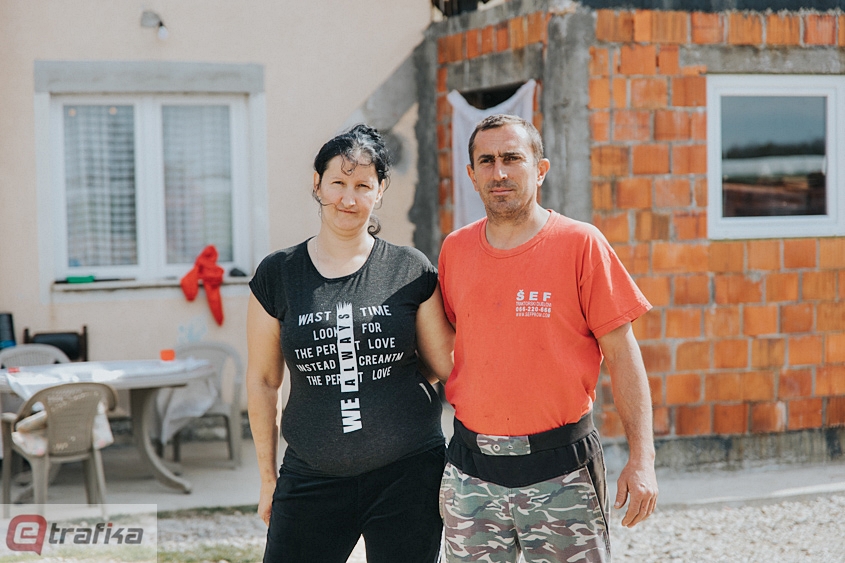
She adds that they are not buying clothes, but are getting it from good people. They have to pay though 10 BAM for the snacks of their four pupils every day.
„If their snacks were covered it would mean a lot to us. And what can they buy for 2.5 BAM?“ she asks us, knowing our answer in advance.
Unfortunately, the problems of this family are not isolated in Bosnia and Herzegovina. A country in which, according to the United Nations, every sixth household is poor and half of the population is living on the verge of poverty, but a country which often compliments itself for free education. The fact that the parents do not have to pay for school fees for primary and high schools does not imply that they do not pay a high price for the education of their children.
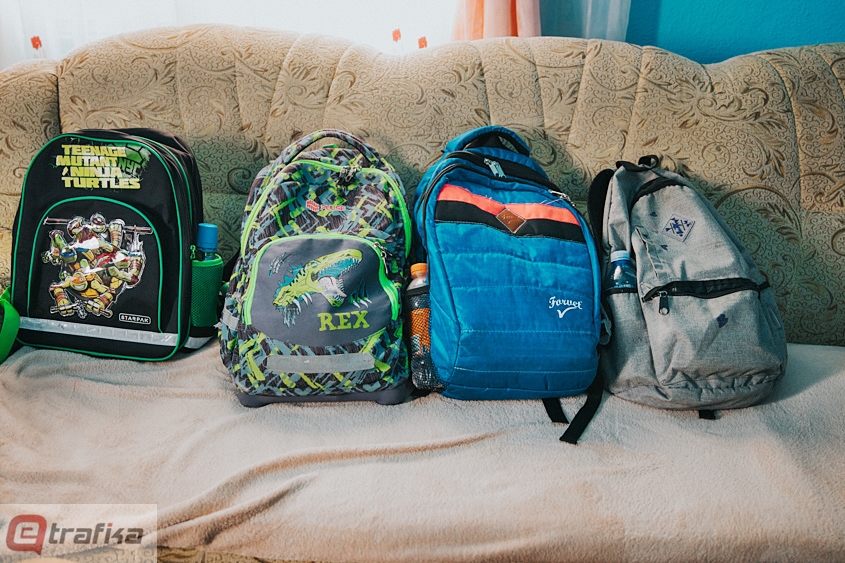
The survey results, carried out by eTrafika portal, in which 631 persons from BaH participated, showed that the transportation to school, textbooks and snacks represented a significant financial burden for the family budget. Especially in case of multi-member families.
„We officially do not know what is the extent of poverty in Bosnia and Herzegovina. The situation is very bad, but we do not see the entire picture of that situation. We only get the details. The research carried out by IBHIA shows that 25% of employed persons cannot cover with their salaries the expenses of a four-member family. They can only cover minimum costs. Thus, not a market basket but only minimum expenses at the level of absolute poverty line. This means having some food to eat only. And possibly buy a soap and toothpaste“, explains an economic analyst, Zarko Papic.
Transportation for primary and secondary school pupils, living at least three kilometres away from the school, has been free in Brcko District for the last twenty years. Even before it became legally mandatory. For the sake of comparison, in the Republic of Srpska the right to free transportation is granted to the primary school pupils living at least four kilometres away from the school. In certain parts of BaH, parents cover a part of a monthly bus ticket for the transportation of their children to school. In Brcko, the transportation does not operate on the co-financing principle or a refund. The city fully covers the transportation costs by making a direct payment to the company with which it concludes a contract, while the pupils use these paid services without any problems.
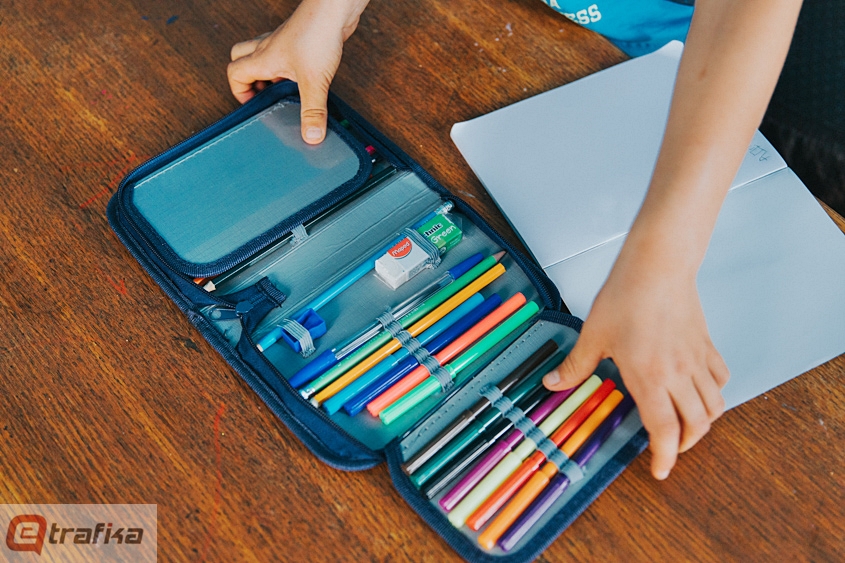
During these twenty years, the system has been working well, and this is confirmed by all those who are a part of this chain – from the representatives of authorities and schools to the end users and transport companies.
„The buses operate regularly. Shifts in primary and secondary schools are clearly defined. This is a well-established scheme. The biggest problem is the fact that houses are scattered in rural areas. That is why we have some children who have to walk for a kilometre to reach the first bus station, given that our buses cannot go from one house to another. We tried to have bus stations located at such places which are the closest to the most distant household from which children go to school. Objections coming from schools or parents have been successfully resolved by transport companies in 99% of cases“, says Samir Corbadzic, the Head of the Sub-Department of Common Affairs in the Brcko District Education Department.
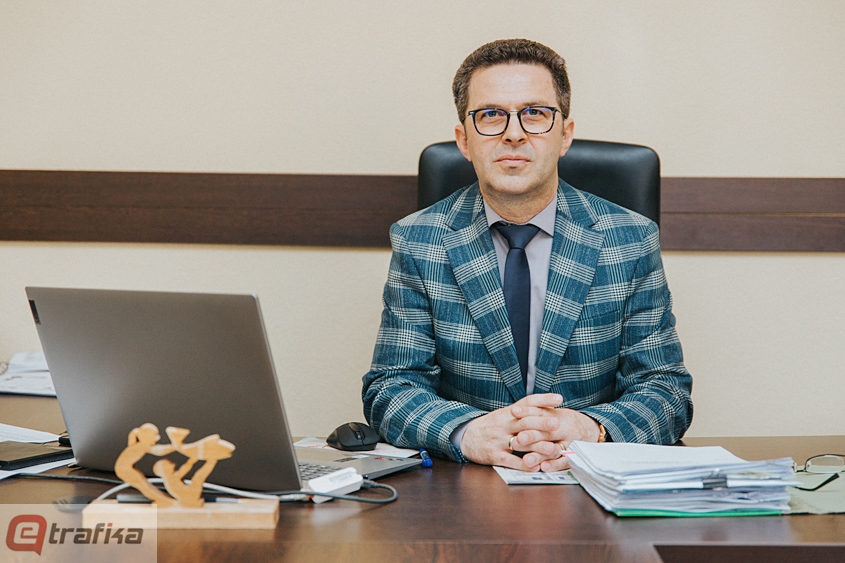
Alma Fazlic, the Secretary of the Brcko Second Primary School says the same. In the school year 2021/22, 175 pupils of this school used free transportation services.
„There were no major complaints, only suggestions by parents that, given that all the classes do not start at the same time for all pupils, there should be some extraordinary bus line for the children from more remote areas. The transport company met their request. The parents expressed their concern that the bus schedule did not suit their needs, therefore the transport company made modifications accordingly. For us it is important that children come to school without any problems and that they return home safely. This has been fully ensured so far “, she points out.
For twenty years, Brcko pupils have been using transportation services of the Laser-Krajnovic consortium. The Head of the Traffic Service, Rajko Hajder, says that the bus schedule is regular and with the same capacities.
„It happens that we get some new pupils from the settlements not covered by a bus line, so the new bus line is then introduced and the new bus schedule is sent for approval”, he explains.
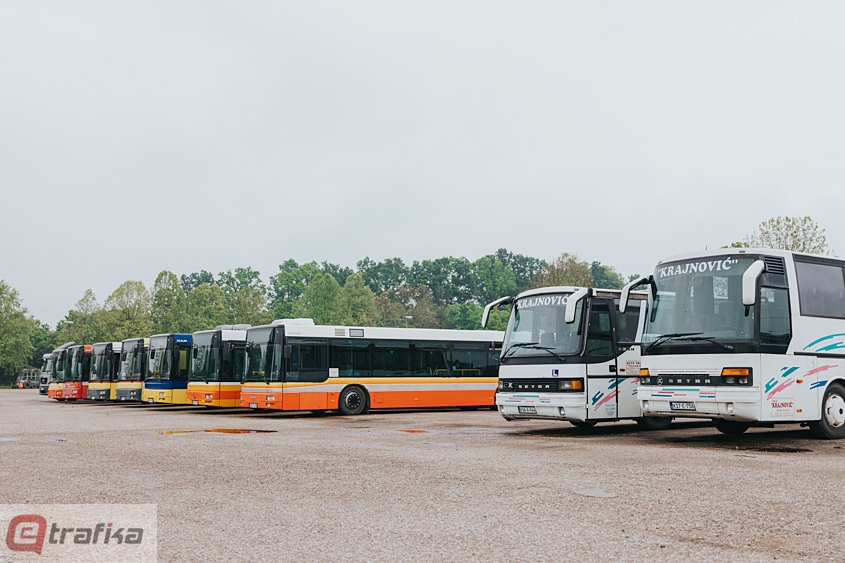
Just like in other parts of Bosnia and Herzegovina, the number of pupils is decreasing in Brcko. Ten years ago, free transportation services were used by 4.000 pupils, whereas now there are only 2.700 of them. About three million BAM are allocated annually for these purposes from the Brcko District budget. When these services were paid individually for each pupil, the schools were obliged to provide the Education Department with the list of pupils, with the exact travel route, based on which the transport company would be paid.
“Then, some eight-nine years ago, we changed this into the payment based on daily transportation. Price adjustment was previously done every three months, whereas now we do it on a monthly basis in the manner that the fuel price is inserted into the price calculation formula, resulting in a daily ticket cost, being multiplied with the number of working days. Based on that, the transport company is paid for its services”, explains Samir Corbadzic.
According to him, a daily bus ticket currently costs about 5 BAM per one pupil. From the perceptive of the family from the beginning of this story, if they were to pay for the transportation costs, they would spend almost half of their income on this. To be more exact, 400 BAM out of a total of 880 BAM.

